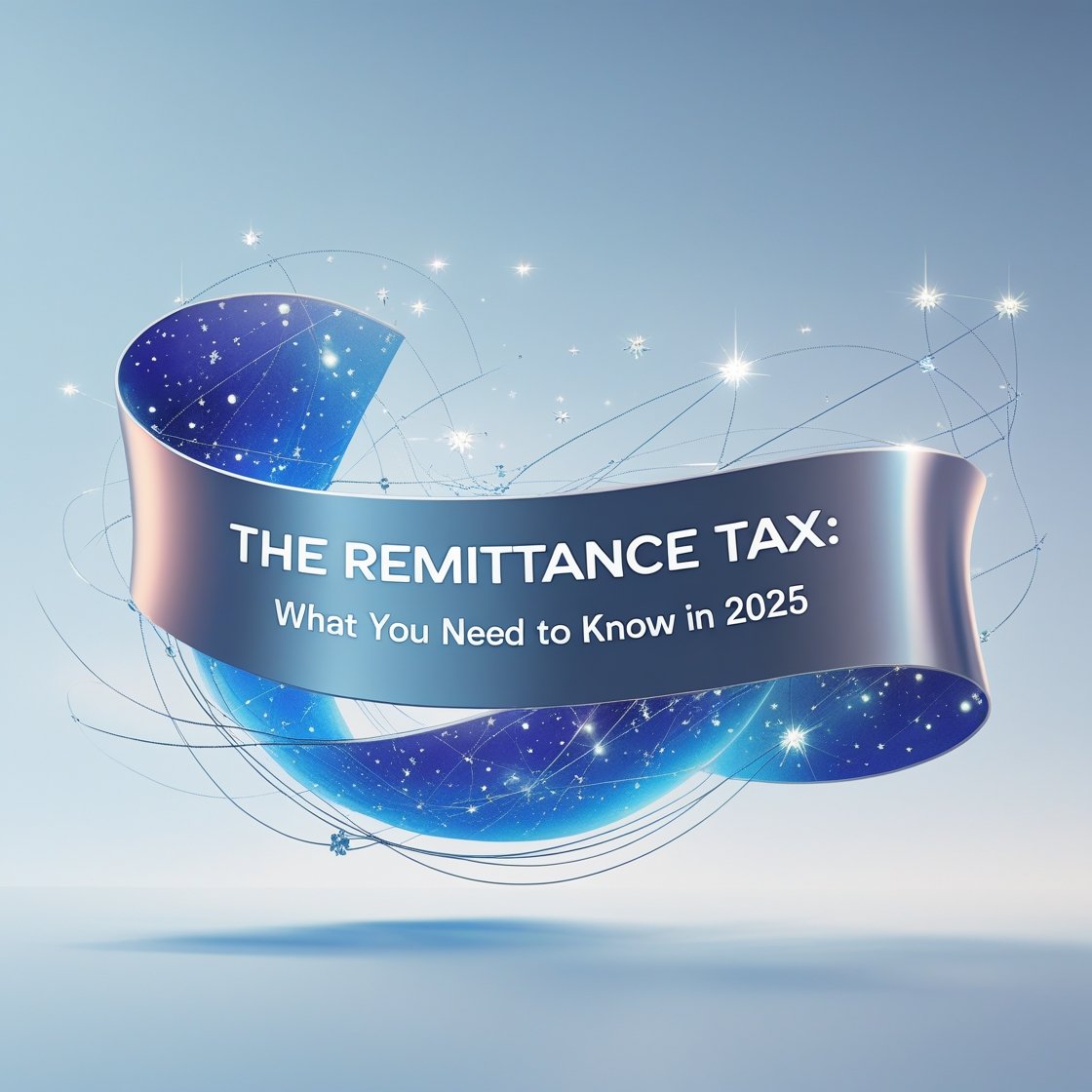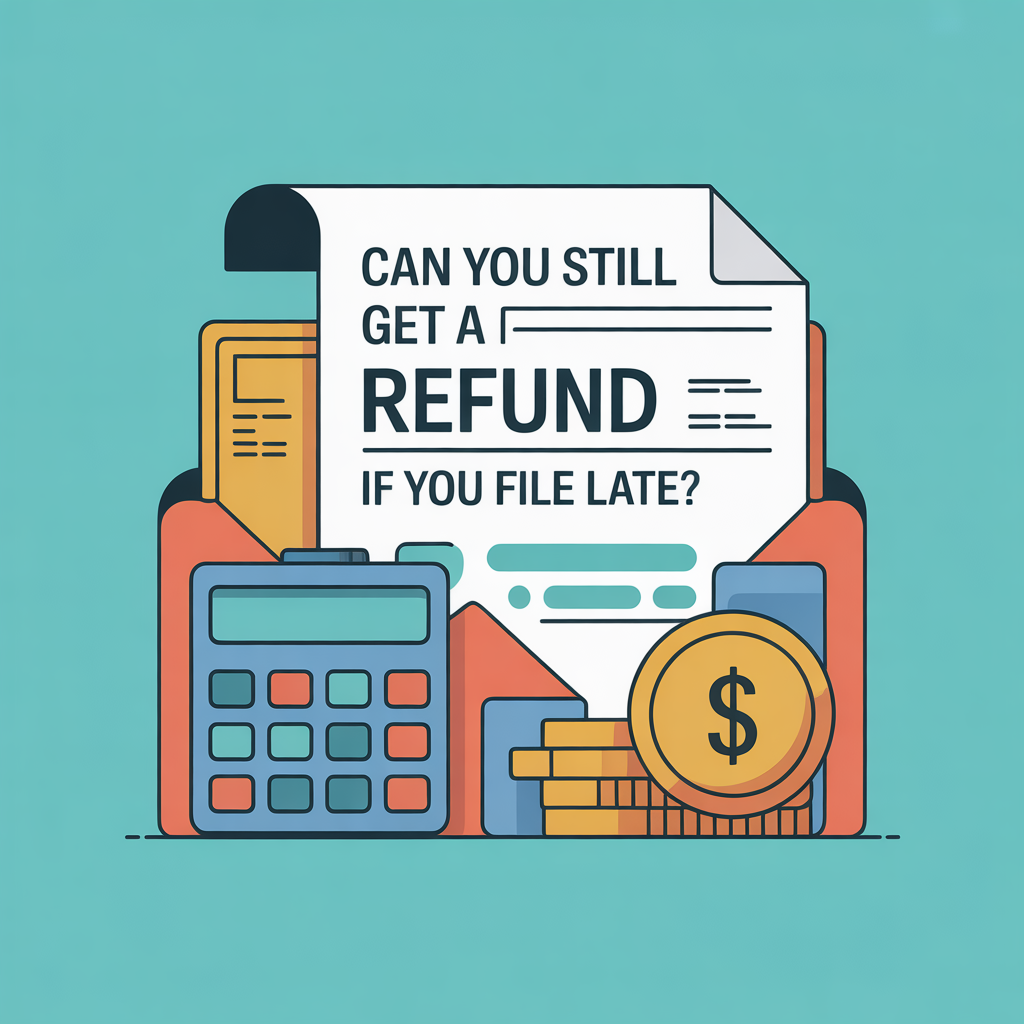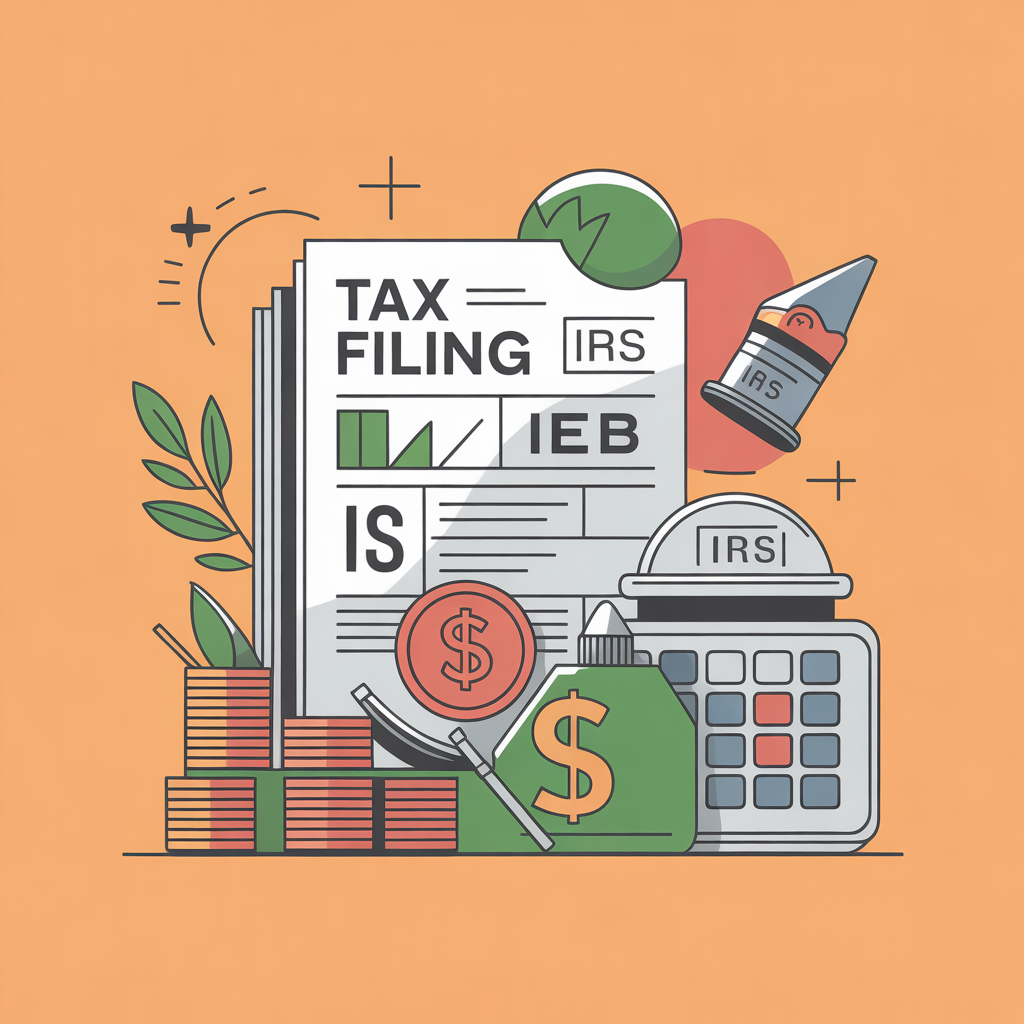The Remittance Tax: What You Need to Know in 2025
If you’re a U.S. citizen or resident who sends or receives money internationally—whether to support family, pay tuition, invest abroad, or receive gifts—you may have heard the term “remittance tax.” But in the U.S., there’s no direct tax on remittances.
So why do so many taxpayers feel overwhelmed by international transfers?
The answer lies not in the tax code itself—but in the complex web of reporting requirements that can lead to penalties, audits, and unnecessary stress. In 2025, it’s not the tax you pay—it’s the paperwork burden that costs you the most.
What Is a Remittance?
A remittance is simply money sent from one country to another. For U.S. tax purposes, the focus is usually on:
- Sending gifts or support to foreign individuals
- Receiving money from relatives or estates abroad
- Transferring funds to or from foreign bank accounts
Are Remittances Taxable in the U.S.?
Sending money abroad
No, you generally don’t pay U.S. taxes on money you send abroad, as long as it’s from income you’ve already reported and paid tax on.
However, if you send large gifts, you may need to file a form—even if there’s no immediate tax.
Receiving money from overseas
Remittances received as gifts or inheritances are not taxable in the U.S., but they must be reported if they exceed certain amounts.
Key IRS Forms for Remittance Reporting
Here’s where things get complicated. Even though you might not owe any tax, you still have to tell the IRS about certain transactions. Failing to do so can trigger massive penalties.
- Form 3520 – Foreign Gifts and Inheritances
- Must be filed if you receive:
- Over $100,000 in gifts or inheritance from a non-U.S. person
- Over $17,339 in gifts from a foreign corporation or trust (2025 threshold)
- Penalty for non-filing: up to 25% of the gift value
- Form 709 – U.S. Gift Tax Return
- Required if you gift more than $18,000 (2024 limit; expect slight increase in 2025) to any one person in a year
- Filing doesn’t mean you owe gift tax—it just reports usage of your lifetime exclusion ($13.61 million in 2024)
- FBAR (FinCEN 114) – Foreign Bank Accounts
- Must be filed if you have $10,000 or more in foreign accounts at any point during the year
- Applies even if you’re not the account owner but have signature authority
- Penalty: $10,000+ per violation
- Form 8938 – FATCA Reporting
- Required if you hold foreign financial assets over:
- $50,000 (single) or $100,000 (married) at year-end
- Higher thresholds for expats
- Often overlaps with FBAR but must still be filed separately
The Real Problem: High Paperwork, Low Payoff
Most Americans remitting money or receiving support from abroad don’t owe additional tax. Yet, the number of forms and tight deadlines make it easy to slip up—and the IRS is unforgiving.
Here’s the reality:
- You might owe $0 in tax but face $10,000+ in penalties for missing a form
- You may need to hire a CPA just to fill out forms you didn’t know existed
- Minor errors could trigger audits or compliance letters
Is Change Coming?
There’s growing support for international tax reform in Congress. Proposals informally referred to as “One Big Beautiful Bill” aim to:
- Raise reporting thresholds
- Merge redundant forms (like FBAR and FATCA)
- Exclude personal remittances from aggressive scrutiny
- Create safe harbors for low-risk taxpayers
These reforms could drastically reduce the burden on individuals simply sending or receiving personal funds—not hiding wealth overseas.
What You Should Do
If you’re involved in foreign financial transfers in 2025:
- Track every major transaction
- Keep records of who sent what, and why
- Consult a tax professional—especially if you cross reporting thresholds
- Never ignore IRS notices or assume a form is “optional”
Final Thoughts
In the U.S., the problem with remittances isn’t usually tax—it’s transparency overload. With the right knowledge and preparation, you can avoid penalties and file with confidence.
Until reforms come, the best protection is awareness. Know the forms. Know the thresholds. And don’t let paperwork cost you more than the money you send.
Contact us: +1 (972)-996-6644
Email us : info@theriwa.com Visit our website : https://theriwa.com/






